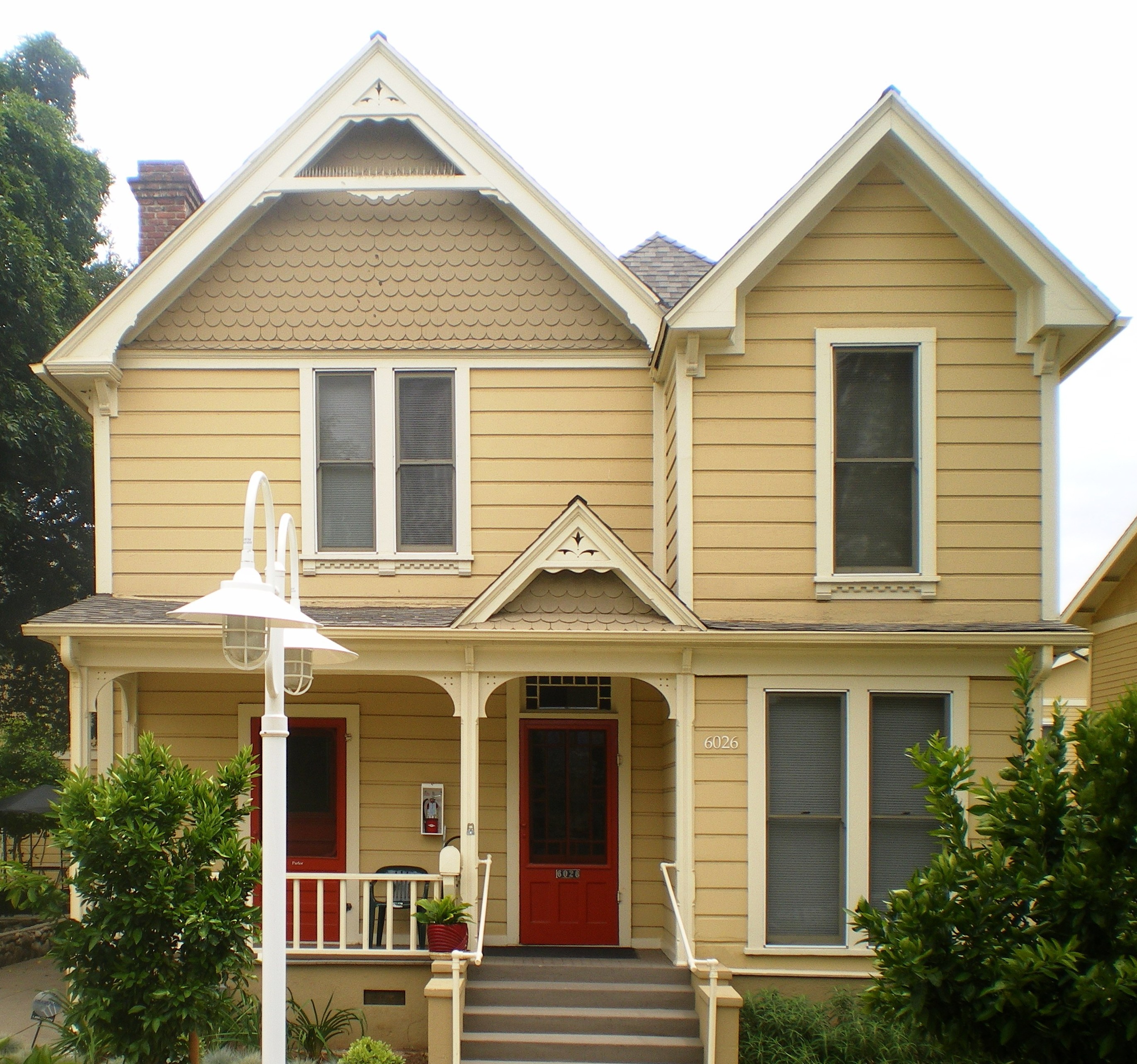With technology rapidly changing everywhere and now even how we interact with our homes, you need to be careful about what types of technology you rely on in your home. After all, technology changes very much decade-to-decade. For example, not many people are still listening to CDs and watching VHS tapes as they were in say the 1990’s. There are actually a variety of improvements you can make to begin future-proofing your home. Start with the wiring in your home, and if that's good, then you can expand out to smart appliances and home automation. Here are a few ways you can focus on future-proofing your home so it can stand the technological test of time. Your home should be as valuable to any potential buyers as it was to you when you bought it.
Smart Homes on the Rise
One growing trend in home renovation is making houses where appliances and lights can be controlled with the voice or a smartphone. So many home systems now link into smart apps that these homes resemble a miniature version of Bill Gates' famous automated home. Home surveillance systems, heating and AC, lighting, and appliances can all be controlled remotely with a smartphone or tablet. You have to be careful with which systems you use since this technology is still relatively new. Cloud camera services and remote door locks are great for smart homes, but will the provider still be in business ten years from now? Who knows, so take that into consideration before automating any portion of your home.
Energy Efficiency
Energy efficient appliances tend to cost more upfront, but provide savings over the long-term. Many homeowners are short-sighted and opt for the cheaper version up front. You should avoid this trap in just about every home renovation improvement you make. If you're considering a home lift, think about energy efficient options. Future proofing with a Lifton is easy thanks to their wide variety of home lifts available.
Aging Population
Any homeowner who wants to be able to sell their home in the future should make their home ready for a potentially aging buyer. The baby boomer generation is requiring increasingly more future-proofing needs for seniors to live at home unassisted. Adaptable living spaces can accommodate multiple lifestyles, which is desirable for families who may have multi-generational occupants.
Wiring the Future
With so many new services in the home requiring a connection to the internet, the wiring system in your home may be outdated. Updating your wiring for electricity and the internet is probably one of the best ways you can future-proof your home. That's especially true if your home was built at any point before the Internet of Things was a consideration. This relatively modern concept is changing the way we think about using our homes. It's also changing the way modern homes are built. Homes built in the last five years usually have plenty of modern conveniences like outlets with USB slots. These improvements can be made for older homes if the wiring is updated.



